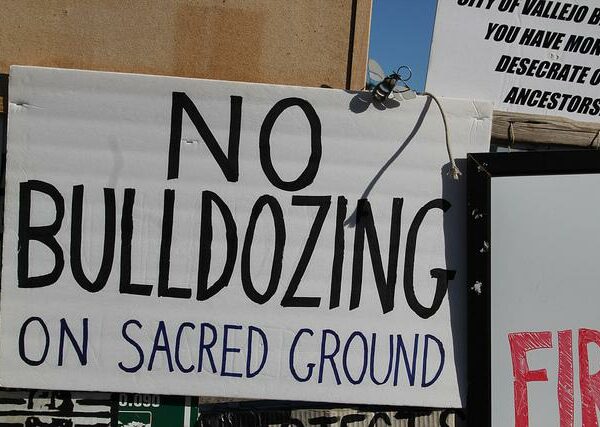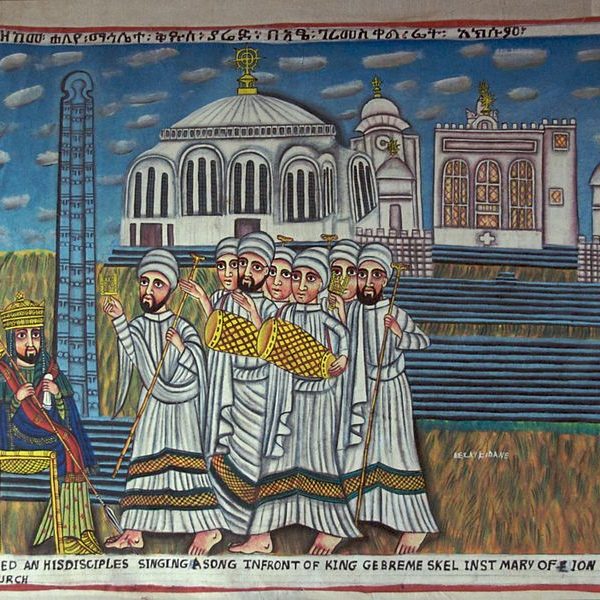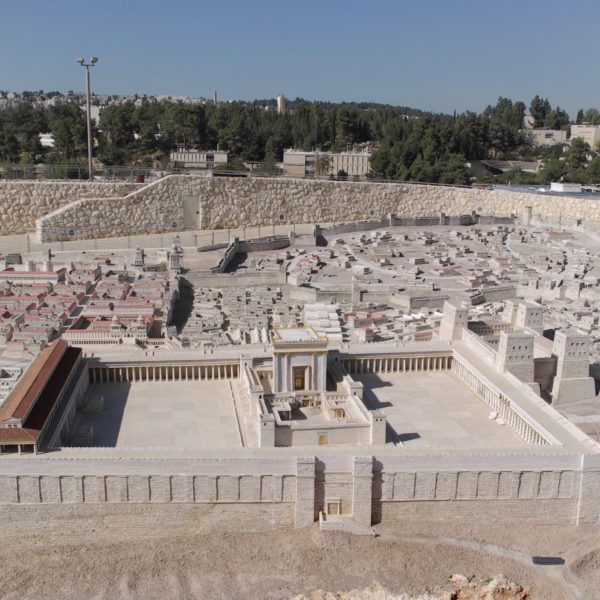
Put on your feet whatever will make you ready to proclaim the gospel of peace. These shoes are not weapons, nor are they articles of protection. We are instructed to put on a pair of shoes that makes us ready to proclaim the gospel of peace. We are not prescribed jackboots to save ourselves. Nor are we charged with some soft slipper of gentleness. We are instructed to find shoes that make us ready to proclaim the gospel of peace.

By spiritualizing place, and thereby transmogrifying place-based identities into racialized ones, Christianity cooperated with the machinations of settler-colonial capitalism in its world-making project. Thus, returning to a consideration of land as one location of God’s action is basic work for any political theology that aspires to move in a decolonial direction.

Sometimes politics is less about the leaders and more about whether communities choose to live together in wisdom or folly.

Although the Apostle Paul’s discussion of our struggle against rulers, authorities, cosmic powers, and spiritual forces of evil in heavenly places may strike many readers as a relic of a primitive cosmological outlook, it is fiercely relevant in our own day, where white supremacy functions as just such a power. Ta-Nehisi Coates has spoken of the illusions and lies undergirding the American Dream and, with the Apostle, calls us to awake to and struggle against the forces and ideologies that bind and enthral us.
The author of Ephesians is addressing the conflict between Jew and Gentile Christians (“the cut/circumcised” and “the uncut/uncircumcised”). The politics of this text could be boiled down to the first century conflict between these two groups. It’s a definition so basic and so simple that it belongs in a Politics 101 course. Where it gets interesting, however, is not how one defines the conflict, but how the author of Ephesians deals with it…..


